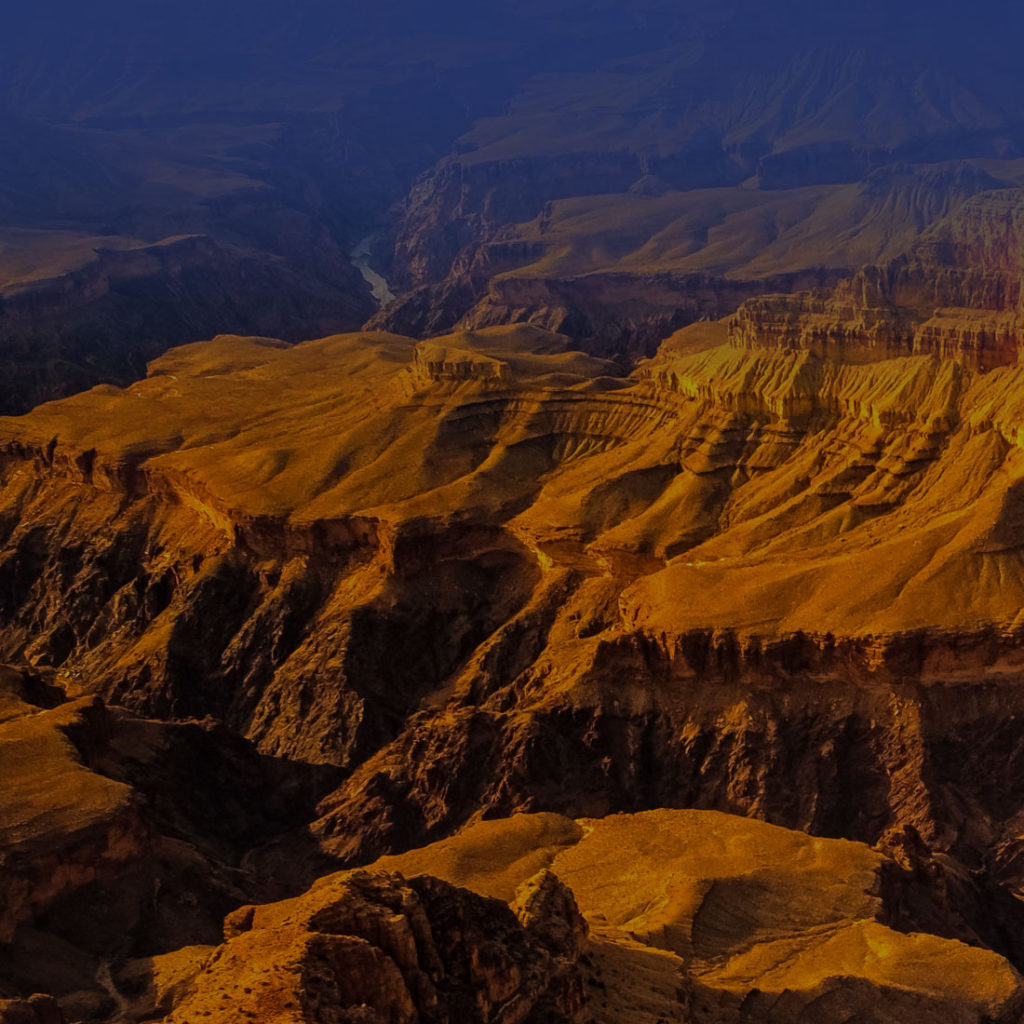Existing City Festivals Tweaked for Arizona Centennial
July 19, 2011Sonu Munshi/Arizona Republic (Mar. 19, 2011 @ 12:00 am)
More than 4,000 people recently gathered for Bravo Peoria!, which this year became Bravo Peoria! Celebrating 100!
The northwest Valley city’s annual festival took on an Arizona-centennial bent as last weekend’s attendees panned for gold, watched a blacksmith at work and listened to Marshall Trimble, Arizona’s state historian, spin tales about the state’s colorful past.
It’s one of many traditional city festivals and projects this year and next that will carry a centennial twist as money woes have meant even the Arizona Centennial Commission must raise private funds to celebrate 100 years of statehood.
Arizona became the 48th state on Feb 14, 1912. Most cash-strapped cities aren’t adding festivities. They’re tweaking existing festivals to give a historic punch.
So far, the state Centennial Commission has sanctioned 64 centennial events, with an additional 21 under review. Many of those are in cities and towns that have stepped up, Mandi Wimmer, the commission’s deputy director, said. “It’s the best way to spread the celebration across the state,” she said.
Scottsdale in June will mix the state’s centennial with its 60th anniversary.
Chandler aims to raise private funds for a commemoration of the city’s own founding a century ago and wrap the state celebration into it. The city’s annual Multicultural Festival and others will have state centennial pizzazz.
Glendale Glitters in December and Glendale Chocolate Affaire in February 2012 will blend a centennial component to holiday lights and chocolate. Kim Hanna, overseeing Scottsdale’s 60th, said the idea is to do more with less. “Huge fireworks displays and bands and stages are good, but people are used to simplifying life these days,” Hanna said. Among the plans are a cowboy campfire with singers and storytellers weaving tales about the Verde Vaqueros and the Scottsdale Charros.
Centennial-specific
Peoria is one of the few cities planning centennial-specific festivals. Peoria Councilwoman Joan Evans said tough times make it more important to mark the centennial. “The more activities for families to go to where it doesn’t cost much, where they can learn things and be involved with the culture, the better off we are as a community,” Evans said.
One Peoria festival in the fall will highlight Arizona transportation; another next year will feature an old-time baseball game. Peoria expects the events to cost $50,000, which the City Council has not yet approved. Staffers hope to find sponsors.
Museums and residents also have pitched in to help create unique events. Gilbert resident Joel Biggs has volunteered to organize a music festival to celebrate the centennial at no cost to the city, said Katie Stringham, co-chair of the Gilbert Centennial Committee.
Mesa, with private and non-profit help, plans “Mesa Takes Flight.” The year of festivities opens in June with a Hubble Space Telescope photo exhibit at the Arizona Museum of Natural History and ends with a festival next spring.
Phoenix partnered with the Arizona Centennial Commission and Arizona Department of Transportation to spruce up Washington Street with widened sidewalks, more trees and the moniker Centennial Way. The city will pay $409,000 on the $7.2 million project, with the biggest chunk from federal funds.
Legacy projects
Some cities are using the centennial to push for history-related projects.
Some have been lost to the economy, including a nearly $10 million Heritage Park in Buckeye.
One of the projects under way includes improvements to the Mesa Grande ruins, a prehistoric Hohokam site. The Arizona Museum of Natural History earmarked $334,350 for the work.
Avondale plans an interpretive hiking trail at Monument Hill, which was the starting point for surveyors. The city has raised $45,000 for the $150,000 project and seeks donations.
Peoria next year will dedicate a $3.5 million Centennial Plaza under construction at City Hall.
State plans
The Arizona Centennial Commission isn’t entirely relying upon municipalities as it aggressively rolls out its own campaign to raise $30 million privately for its signature projects and events. So far, it has raised $7 million.
Wimmer, the commission’s deputy director, said it has been “challenging” to organize the celebrations but local interest has actually helped spread out events.
“It’s important to us that it’s not the Tucson centennial or the Phoenix centennial or a Flagstaff centennial,” Wimmer said. “We want it to be statewide.”

